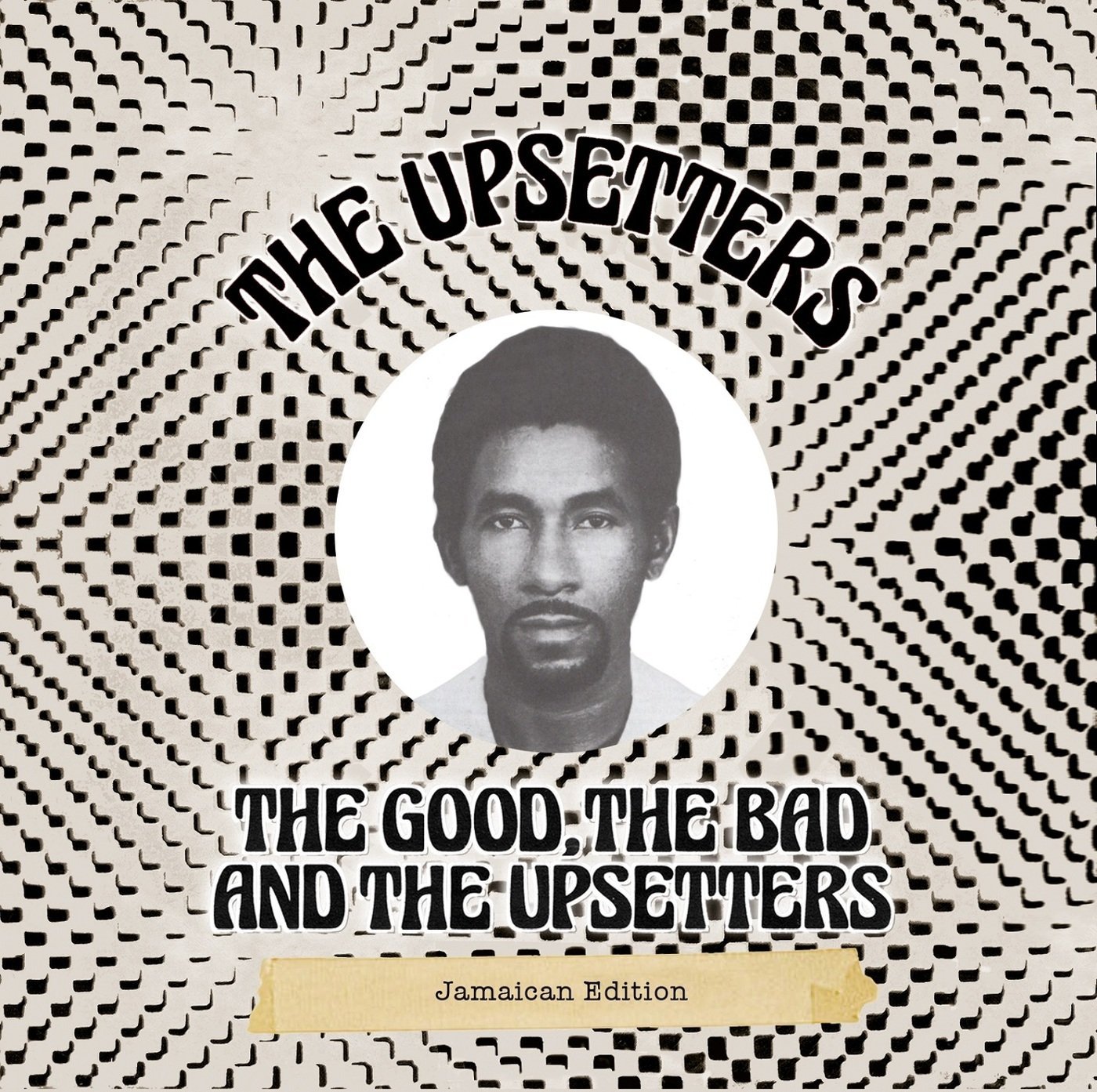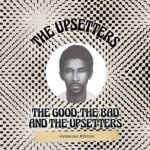
Hot Milk
The tag “Jamaican Edition” is the tip-off to the delights on Hot Milk’s reissue of Lee “Scratch” Perry’s 1971 rarity The Good, The Bad, And The Upsetters.
The quick telling of the story behind the album finds Perry and The Upsetters (bassist Aston “Family Man” Barrett; his brother Carlton on drums; guitarist Alva “Reggie” Lewis; keyboardist Glen “Capo” Adams) leaving their homeland of Jamaica in late 1969 to tour the UK behind their successful “Return Of Django” single. When the scheduled tour ends in January of ’70, Perry reportedly disappears (erratic behavior was as much a Scratch trademark then as it is now), leaving The Upsetters adrift a long ways from home. The Upsetters’ salvation comes in the form of an opportunity to earn some cash by recording an album in London for the Trojan label. The resulting LP – The Good, The Bad, And The Upsetters – pisses Perry off royally when he gets wind of it; though his band reportedly did it for money to live on, he sees it as mutiny. Scratch flies back to Jamaica, quickly lays down an album’s worth of tracks, and releases it under the same title on his own Upsetter label.
It may have been birthed in anger, but the Jamaican version of The Good, The Bad, And The Upsetters was chock full of good vibes and uplifting tunes, most of which were instrumentals. Unfortunately, only a very limited number of copies were pressed at the time – sought out by dedicated Scratcheads in the years since.
Hot Milk’s reissue captures the smoky vibe of the original 1971 release, with Perry reworking various riddims and grooves into his own productions. Dedicated followers of vintage reggae will no doubt recognize many of the sources Perry tapped. For instance, the Wailers’ “Mr. Brown” re-emerges here as “Dracula”, featuring a creepy-assed organ line; a take of their “Soul Rebel” is offered up as “V.4” . Versions of The Inspirations’ “Same Thing All Over” bookend the album; songs by The Four Tops (“It’s All In The Game”) and The Gaylads (“If You Don’t Mind”) are given the Scratch treatment, as well. A highlight of the album is the steel-panned “Big Ball” – a spin on “Bum Ball”, originally recorded by Lloyd & Devon.
Given the circumstances behind the original recording and the time that’s transpired since, the quality of the recording is amazing: any sound quality issues are more than made up for by the spirit of the time and place when this all originally went down. The best of recording equipment couldn’t capture this music the same way now … get it while it’s hot.
*****
Brian Robbins plays his steel pans over at www.brian-robbins.com



No Comments comments associated with this post